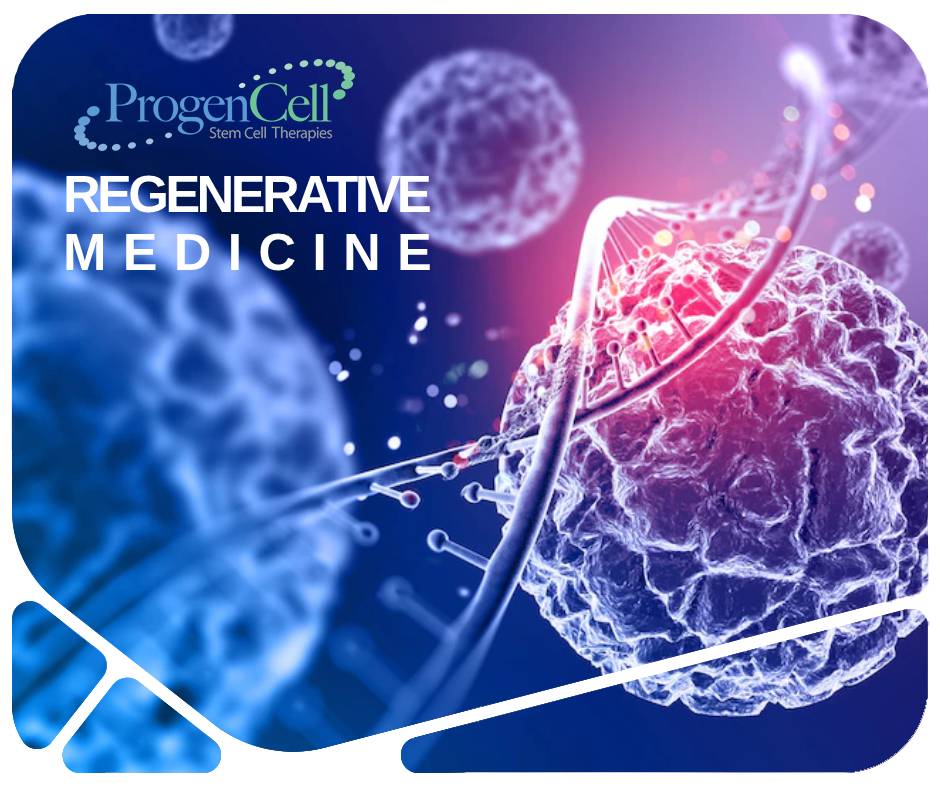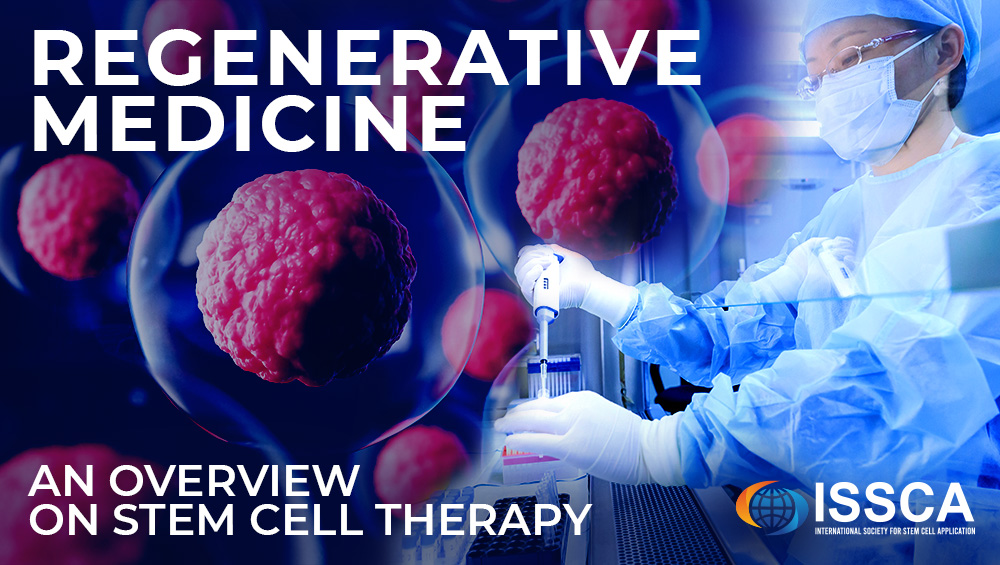Introduction: A New Dawn for Chronic Conditions – Setting the Stage for Hope
For a long time, people with chronic conditions like diabetes or heart disease could only manage their symptoms. There was no way to fix the problem at its root. But now, science is changing fast. New drugs, regenerative therapies, and tools like CRISPR gene editing are giving us hope. These advances aim to not just control diseases but to reverse them or even cure them. Let’s explore how these new ideas are changing the way we deal with long-term health problems.
The Shifting Landscape of Chronic Disease Management: Beyond Symptom Control
In the past, doctors focused on easing symptoms of chronic diseases. For example, if someone had diabetes, they took insulin to keep blood sugar in check. But this didn’t solve the real issue in the body. Today, scientists are working on treatments that target the cause of the disease. New drugs are being made to repair damaged tissues or stop diseases from getting worse. Regenerative therapies, like using stem cells, are also being tested to grow new, healthy cells to replace the bad ones. This means we’re moving from just “managing” a disease to possibly fixing it for good.

CRISPR-Cas9: Precision Engineering for Inherited Blood Disorders
CRISPR-Cas9 is a tool that acts like scissors for DNA. It lets scientists cut out bad parts of a person’s genes and replace them with good ones. This is a big deal for inherited disorders, which are health problems passed down from parents to kids through genes. Two blood disorders, sickle cell disease and beta thalassemia, are showing great results with CRISPR. By fixing the broken genes that cause these conditions, doctors hope to stop the diseases before they even start causing trouble.

Sickle Cell Disease and Beta Thalassemia: A Deep Dive into the Promise of Gene Editing
Sickle cell disease makes red blood cells shaped like a crescent moon instead of a round disc. This causes pain, infections, and other problems because the cells can’t carry oxygen well. Beta thalassemia is another blood disorder where the body doesn’t make enough hemoglobin, a protein needed for oxygen in the blood. Both conditions can be very hard to live with. CRISPR is being used in trials to edit the genes responsible for these issues. Early results show that some patients no longer need blood transfusions after treatment. This could be life-changing for millions of people.

Beyond the Hype: Navigating the Challenges of CRISPR Delivery and Application
While CRISPR sounds amazing, it’s not perfect yet. One big problem is getting the gene-editing tool into the right cells in the body. Scientists also worry about “off-target” effects, which means CRISPR might accidentally change the wrong part of the DNA and cause new problems. Plus, these treatments are expensive and not available to everyone. Researchers are working hard to solve these issues, but it will take time to make CRISPR safe and affordable for all who need it.

The Future is Now: Integrating New Drugs and Regenerative Therapies for Holistic Care
CRISPR isn’t the only exciting thing happening. New drugs are being created to work alongside therapies that rebuild damaged parts of the body. For example, in heart disease, scientists are testing ways to grow new heart tissue using stem cells. Combining these therapies with better drugs could help treat the whole person, not just one part of their illness. This “holistic” approach means looking at all parts of a patient’s health to give them the best care possible.

Conclusion: Embracing Innovation for a Healthier Tomorrow
The future of medicine looks bright with new drugs, regenerative therapies, and tools like CRISPR. These advances are starting to change how we handle chronic and inherited conditions. While there are still challenges to overcome, the progress we’ve made gives us hope. By supporting research and making these treatments available to more people, we can build a healthier world for everyone. Let’s keep pushing forward to turn these possibilities into reality.











